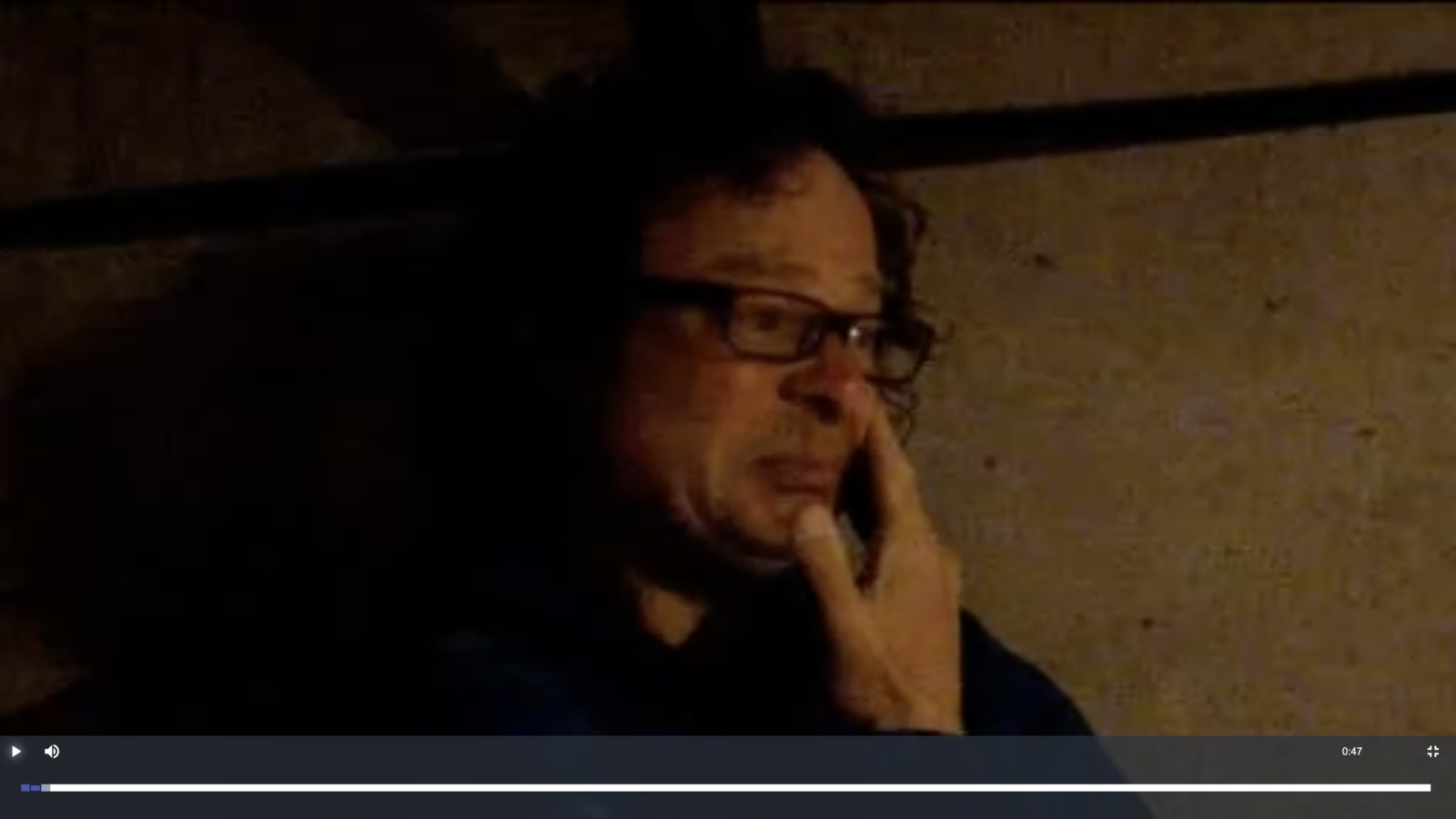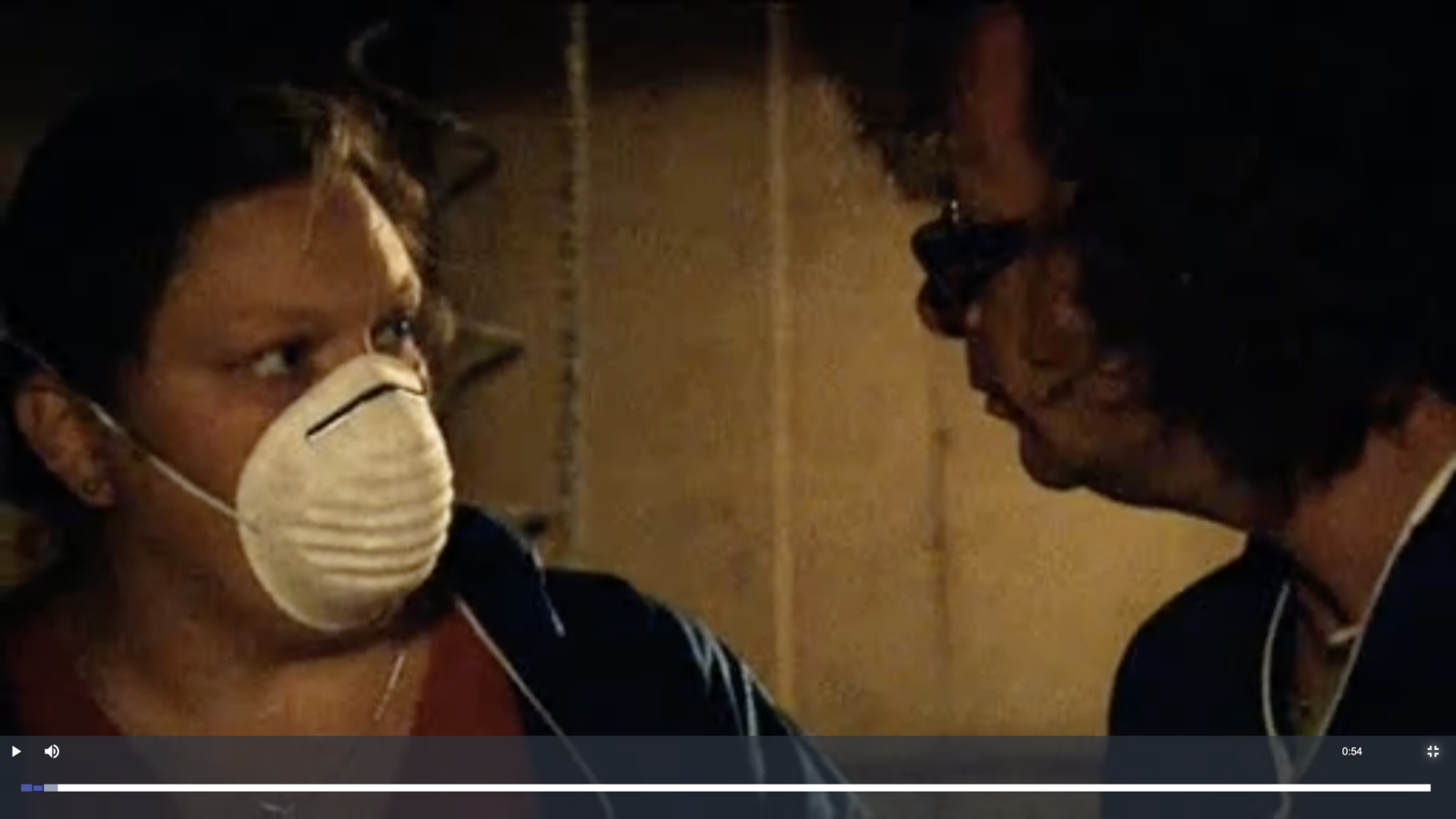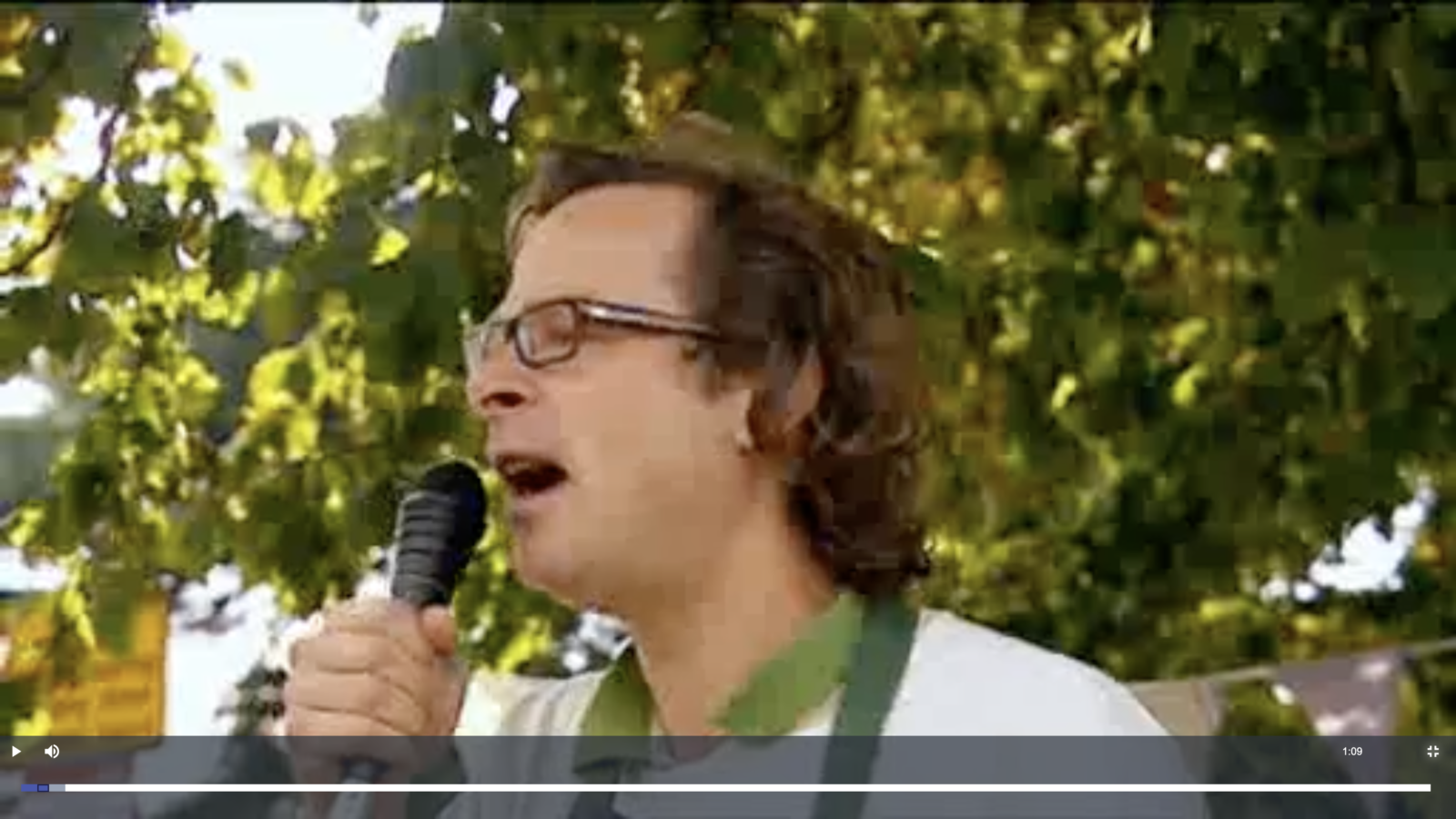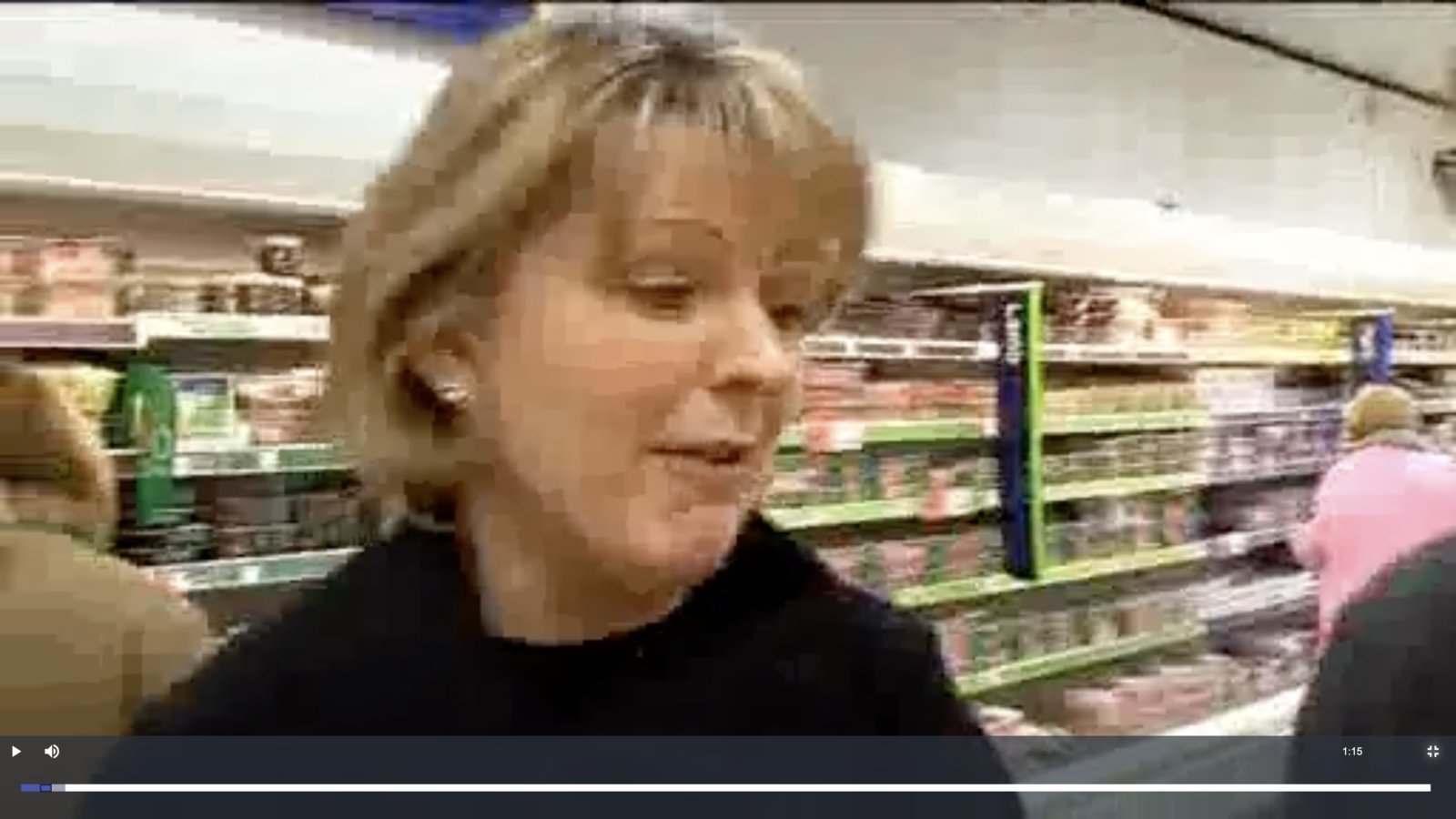
followthethings.com
Follow it yourself (page) | Follow it yourself (examples) | Health & Beauty (⏵ example)
“Who made my stuff?” | example ⏵ Gillete Razor Blades
A ‘follow it yourself’ detective work task suitable for activists, journalists, filmmakers, artists, researchers, teachers and students
CEO Ian’s ‘Traces of labour’ YouTube playlist embedded above. Can be used as a task / lesson taster. The jeans paper mentioned is Hauser (2004)
Behind the followthethings.com website lies a university undergraduate module called ‘Geographies of material culture’ taught be CEO Ian from 2000 to 2025. The first version of the module (2000-2008) encouraged students to do some online detective work to see if they could find out who had made a commodity that mattered to them. He wanted his students to appreciate if and how their everyday lives were made possible – in part – by the work done by supply chain workers elsewhere in the world. He wanted to them to find out, and think, about the responsibilities that they and others had for any trade injustices they found in the process. The results were always surprising, and Ian started to share some of their writing (with permission) with geography school teachers which led Ian and his students being invited to publish some in teacher-facing journals (see Angus et al 2001, Cook et al 2006, 2007a&b). Because this detective work always began in their personal worlds of consumption, Ian was invited to bring this ‘follow it yourself’ approach into a Geographical Association and Royal Geographical Society project called the ‘Action Plan for Geography’ (see Martin 2008, Griffiths 2009). This, in turn, helped the ‘follow the thing’ approach to gain a wider audience after it the GA and RGS wanted it to be included in the 2013 UK National Curriculum for Geography as a means to teach students about trade (see Parkinson & Cook 2013, University of Exeter 2014). Ian taught this approach to trainee geography teachers at the University of Nottingham who tried this out on their placements and wrote #followtheteachers posts for the followthethings.com blog (see Whipp 2013). It was also fleshed out in the ‘Who made my clothes?” online course that Ian co-authored and presented for the Fashion Revolution movement (Cook et al 2017-2018: see here). There’s one main principle in this ‘follow it yourself’ work: if you know how and where to look, you can find a connection between your life and the lives of others who have made anything that matters to you, anything that’s part of your life. There’s been an explosion of journalism, NGO activism, academic research and corporate social responsibility initiatives relating to trade justice since the 1990s that means that there are secondary data sources that you can find, sift and create a story about anything that comes from anywhere – or so it seems. Doing this detective work in groups can encourage diverse learners to share their expertise (e.g. by drawing on their experiences of living in different parts of the world, and being able to research in different languages: see Bowstead 2014). Doing it for younger learners can motivate them to write (e.g. by asking them what they would say to the person who picked the cocoa in their Milky Bar buttons, for example – see Lambert 2015). And doing his kind of thing as an academic researcher can help you to produce ‘follow the thing’ publications (see Taffell 2022). We have updated the advice we gave in the 2000s and set it out below as a three stage process: A – reading the results of other ‘follow it yourself’ research; B – choosing the thing you want to follow; and C – doing the ‘follow it yourself’ detective work to find out who made it for you and the trade justice issues that come with this. To illustrate what this research is like to do, what sources you can find where, and how to find and follow a productive trail, we have researched a new example from start to finish: who made Ian’s pack of Gillette razor blades? Just click ⏵ example to find out.
Page reference: Ian Cook et al (2025) Who made my stuff? followthethings.com/who-made-my-stuff.shtml (last accessed <add date here>)
Estimated reading time (including example detective work): 80 minutes
Continue reading Who made my stuff? (⏵ Gillette Razor Blades) ![]()




